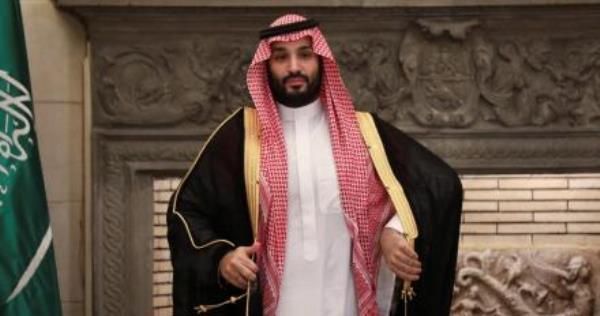The annual United Nations Conference on Climate Issues (COP 29) has begun in Baku, the capital of Azerbaijan.
The Executive Director for Climate Change of the United Nations, Simon Emmanuel Kervin Stiell, said during the opening ceremony that if two-thirds of the world’s countries fail to reduce greenhouse gas emissions, other countries will pay a severe price.
Stiell added that the United Nations Framework Convention on Climate Change is the only platform for addressing the climate crisis, and a new global financial target for climate action should be agreed upon at this conference.
Simon Stiell said: “This is why we are here in Baku. We must agree on a new global climate finance goal. If at least two-thirds of the world’s nations cannot afford to cut emissions quickly, then every nation pays a brutal price. If nations cannot build resilience and secure supply chains, the entire global economy will be brought to its knees. No country is immune,”
A delegation from the interim government is also participating in the conference.
Meanwhile, officials from various institutions working on combating climate change in the country and participating in COP 29 said that efforts are ongoing to attract support for combating climate change at this conference.
Abdulhadi Achakzai, a participant at COP 29, said: “We will meet and discuss with officials from other organizations to share Afghanistan’s situation with them so that they consider financial and technical support for Afghanistan.”
Another participant, Shoaib Sadat, said: “Our main goal at this conference is to advocate for climate change issues in Afghanistan. Afghanistan is one of the countries that, despite its high vulnerability, has a minimal role in contributing to climate change.”
The conference is expected to continue in Azerbaijan’s capital until November 22, with representatives from 198 member countries of the United Nations Framework Convention on Climate Change, along with heads of state from various countries, the private sector, bilateral and multilateral financial institutions, civil society, and the media.
